"Pesky academic" The Guardian;
"Plainly wrong" High Court of Ireland.
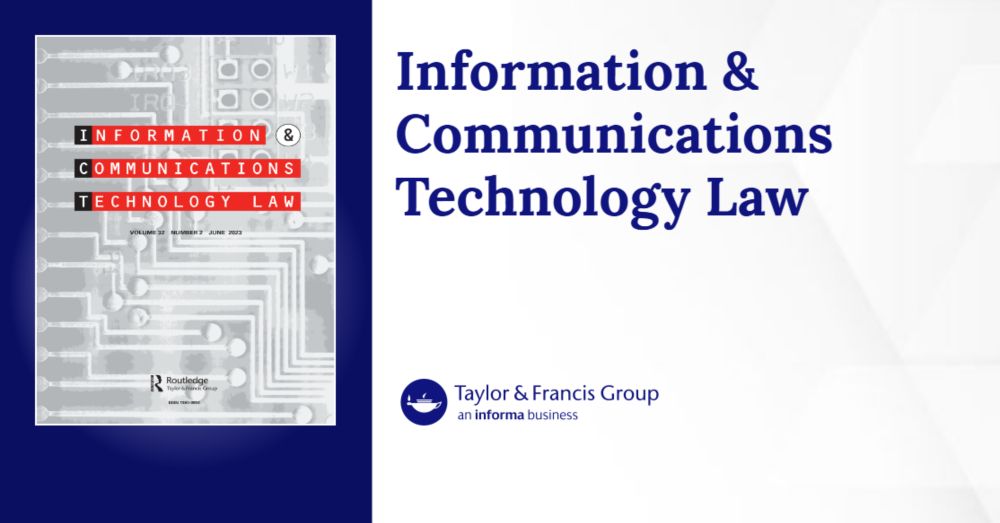
villagemagazine.ie/deserting-as...

villagemagazine.ie/deserting-as...
discusses a report co-authored by Dr Brian Flanagan on the sitting judiciary's attitudes to the technology.
Our research points toward a legal future where AI complements rather than replaces human judgment,' Dr Brian Flanagan

discusses a report co-authored by Dr Brian Flanagan on the sitting judiciary's attitudes to the technology.
Our research points toward a legal future where AI complements rather than replaces human judgment,' Dr Brian Flanagan

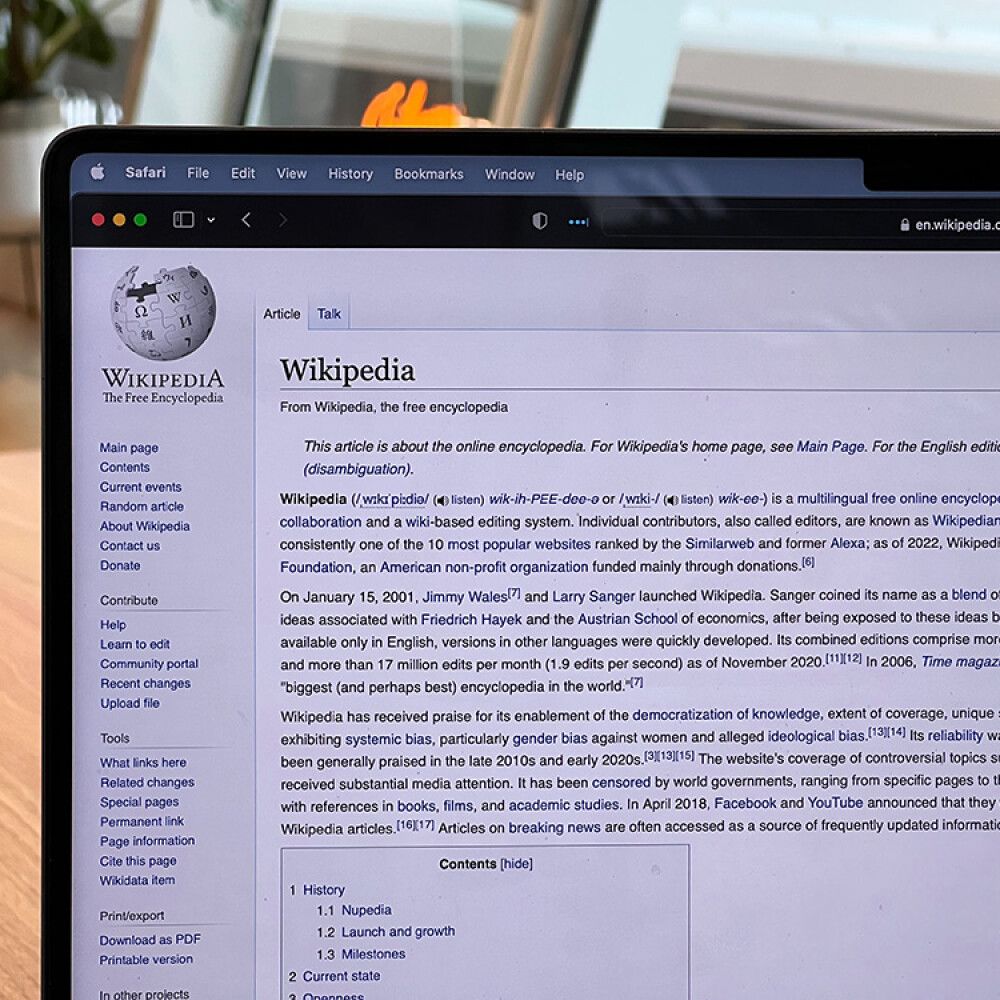
We found evidence that trait empathy correlates with purposivism in rule violation judgments. Also: most people share a single concept that seems to have a dual character structure.
link.springer.com/article/10.1...
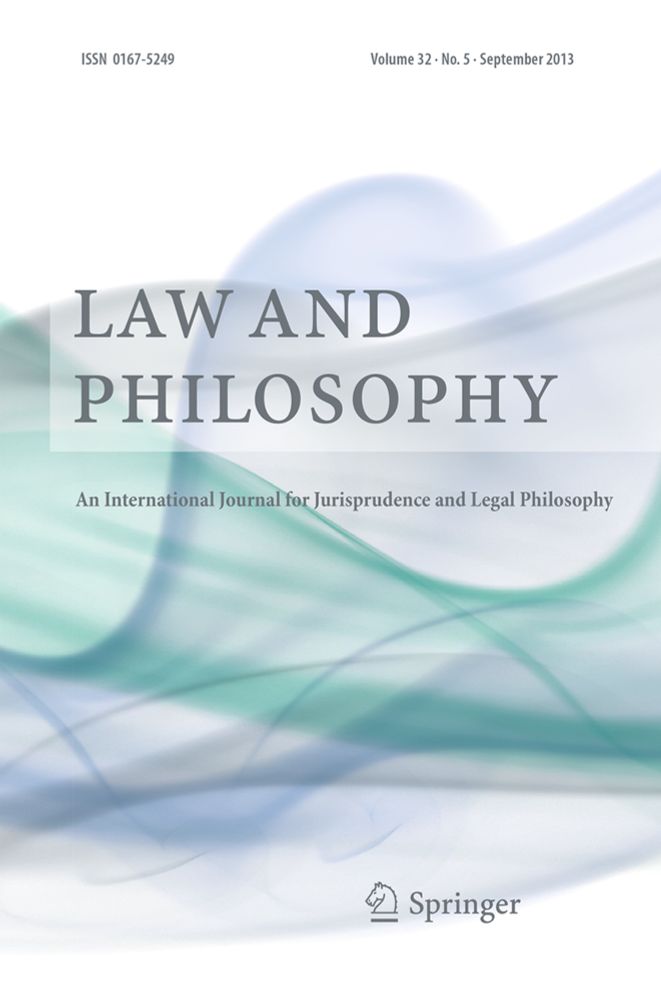
link.springer.com/article/10.1...
The paper addresses two issues w/ previous machine psychology papers (including our own): 1) are LLMs mastering concepts, or are they memorizing the data? 1/14
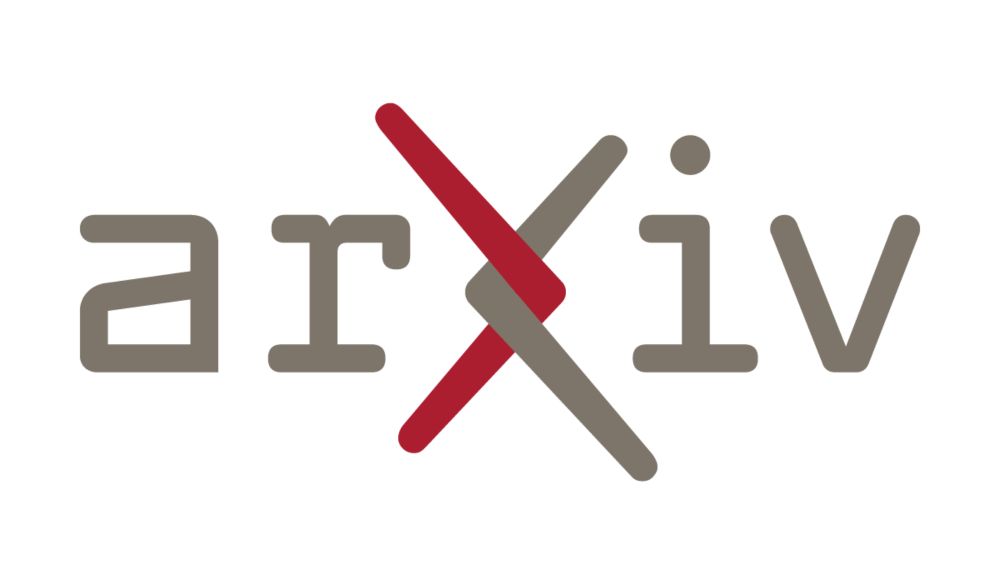
The paper addresses two issues w/ previous machine psychology papers (including our own): 1) are LLMs mastering concepts, or are they memorizing the data? 1/14
academic.oup.com/ajj/advance-...
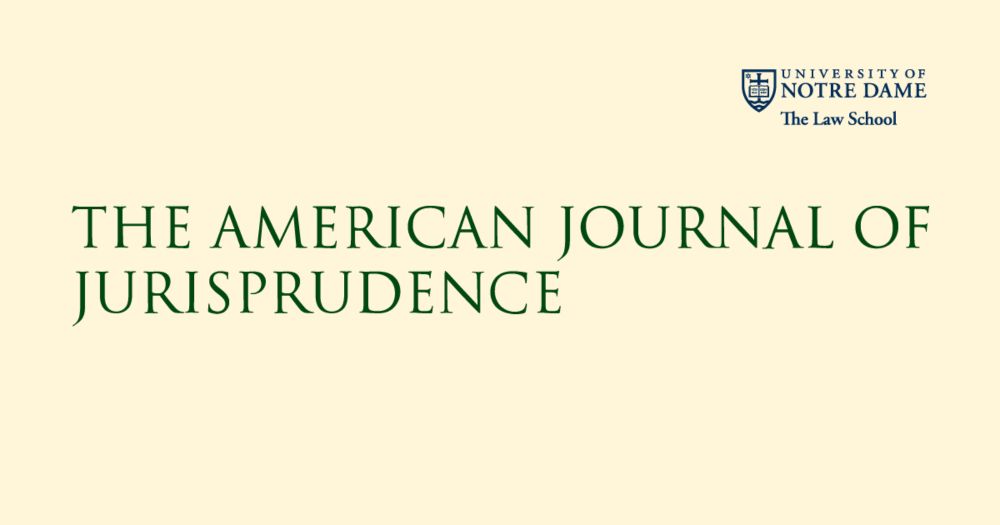
academic.oup.com/ajj/advance-...
That's why in our Advanced Issues in Legal Philosophy class, @lawstuff.bsky.social and I let students encounter legal positivism in a controlled, safe environment.


That's why in our Advanced Issues in Legal Philosophy class, @lawstuff.bsky.social and I let students encounter legal positivism in a controlled, safe environment.
@almeida2808.bsky.social presented #xJur data with @lawstuff.bsky.social and Ivar Hannikainen: "Trait #Empathy Predicts Purposivist Rule Application"
Results in image #altText
#openAccess preprint: dx.doi.org/10.2139/ssrn...
#xPhi #law #textualism







It produced a perfectly acceptable (if not brilliant) response to a carefully drafted question requiring a technical answer, rather than the guff which AI often produces.
🧵 1/5

